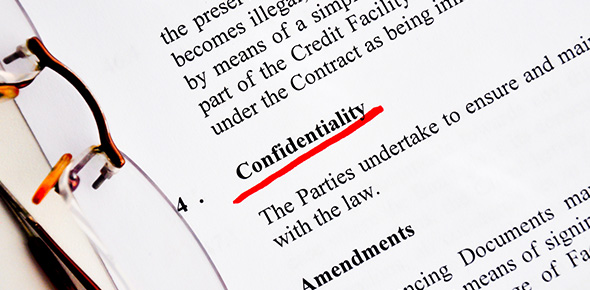The complement has a noun clause and occurs after the linking verb
In reported speech can, may, must, will changes to could, might, had...
Linking verbs are important because they connect the subject of the...
When must is used to show something that probably is true, it does not...
Time & Place also changes. E.g. now changes to then; next week...
Noun clauses can be used as subjects & objects
In reported speech, pronouns, adjectives and adverbials change. E.g....
Noun clauses are used like nouns
Noun clauses can be used when we report or tell what someone has said.
We use noun clauses in reported speech
Complements are the grammar construction after a linking verb such as...
Some verbs change to. E.g. come - go; bring - take
Noun clauses can be at the beginning of the sentence
Should,must, need to, have to, ought to are used when reporting...
Noun clauses are often used after add,ask,believe, conclude, estimate,...
Noun clauses can be at the end of sentences
But the modals could, might,ought to, should,would, and all perfect...
In reported speech, the verb usually changes.
In reported speech, the modals usually changes.
Noun clauses can be used as complements & the object of...
We can't report commands.
In reported speech, the verb doesn't change.

















